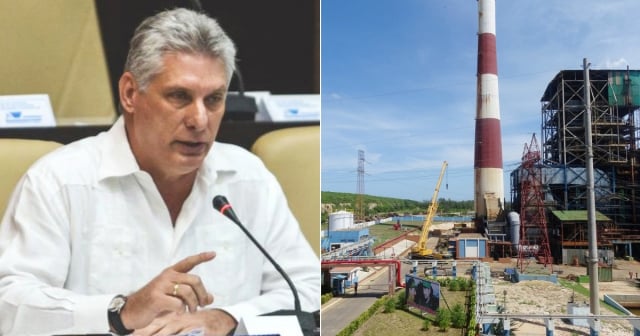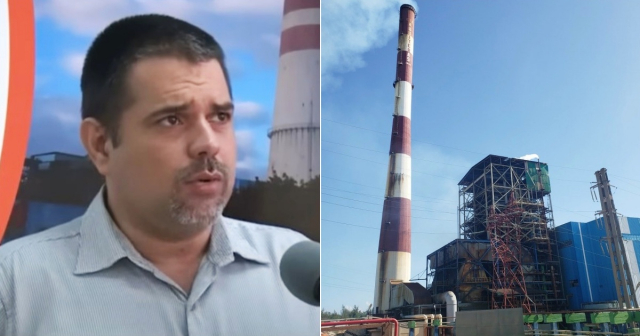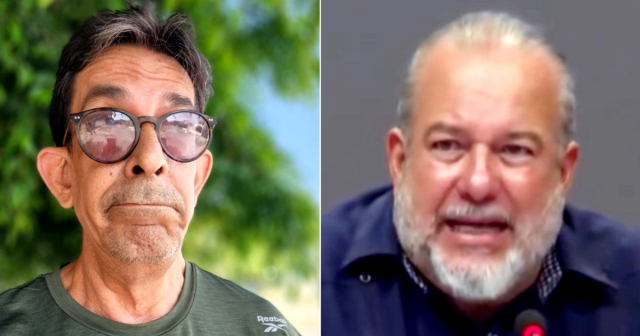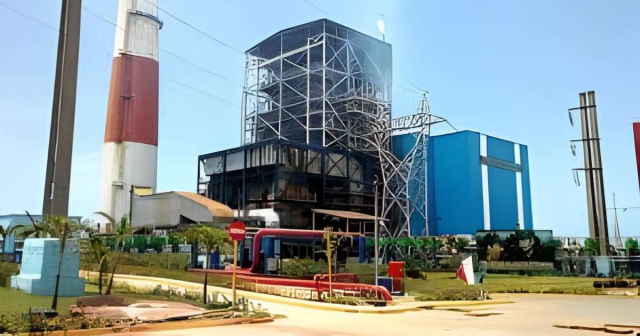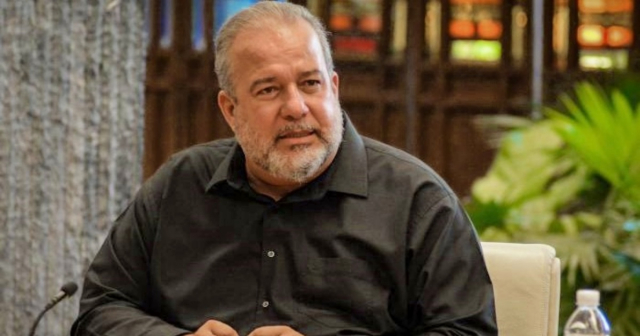The question is being asked by all Cubans every time the blackouts intensify on the Island, whether due to the "situation," the "contingency," the "energy emergency," or any of the euphemisms used by the ruler Miguel Díaz-Canel to justify the string of failures in his administration.
"What did the Cuban regime do with the 1.2 billion euros granted by Russia to build new thermoelectric plants?" Cubans who read and remember that news, announced with much fanfare by the official press in October 2015, are asking this again and again, exactly nine years ago now.
“Russia grants Cuba credit for the construction of thermoelectric plants,” headlined the official portal Cubadebate in a note stating that, according to the Russian agency RIA Novosti, “the island will have 1.2 billion euros for the construction of the energy blocks in two thermoelectric plants.”
The note explained that "according to the agreement approved by the government, the resources will be invested in the construction of four power generation units of 200 MW for the Máximo Gómez and Este Habana thermoelectric plants."
"The Russian side will grant the Cuban side a state export credit of 1.2 billion euros to finance the construction of a 200 MW unit at the Máximo Gómez thermoelectric plant, and three 200 MW units at the Este Habana thermal power plant," indicated the draft agreement published on an official Russian web portal.

In September 2022, the Deputy Minister of Energy and Mines, Tatiana Amarán Bogachova, stated that the Cuban regime had not been able to access the Russian credit of 1.2 billion euros for thermoelectric plants, as it had not managed to secure the 10% upfront payment (120 million) needed to access this credit.
"The money from that loan was not used for anything. Simply put, we have not been able to resume the project. On the other hand, credits are not a gift, but a loan. There is no way for Cuba to use the money for anything other than this project," Amarán expressed.
The "project preparation work" was carried out by Russian and Cuban companies. It took three years, from 2016 to 2019. Amarán justified this delay by claiming it was a study of great "complexity," but the situation worsened in 2020 with the coronavirus pandemic and the deep crisis of the Cuban economy.
"It was impossible for us to secure the advance amount that would allow the Russian party to have access to the credit for the project," said Amarán, arguing that in recent years the government prioritized other issues.
The deputy minister noted that, after the peak of the coronavirus pandemic, the "conflicts between Russia and Ukraine" came, which continued to delay "such an important project."
"Those 1.2 billion euros are to finance the work of the Russian companies involved in the project, it is managed and administered by a Russian entity from that country," he assured.
Between 2006 and 2019, the Russian government lent Cuba $2.3 billion to finance energy, metallurgical industry, and transportation projects. However, the regime did not guarantee the maintenance of the thermoelectric plants.
In February 2022, the Lower House of the Russian Parliament ratified the regulation that extended until 2027 the payment of loans granted to the Cuban regime, which has almost completely stopped repaying loans since early 2020, which "increased its debts to Russian commercial banks and exporting entities," according to the Efe agency.
Last March, Russian President Vladimir Putin greenlit the modification of credit agreements between Russia and Cuba to restructure the island's debt and grant it more favorable conditions for repayment.
The Russian government's legal information portal published that the protocols were supported by the Russian president and pertained to the state credit agreements granted to Cuba between 2009 and 2019 for the acquisition of hydrocarbons.
According to the Russian Deputy Minister of Finance, Alexéi Sazánov, the debt accumulated by Cuba under these agreements amounted to 277.2 million dollars.
In September, the Russian government declared that it was confident that Cuba would overcome the serious economic crisis the country is facing and announced its intention to grant new lines of credit.
What do you think?
COMMENTArchived in:

